🌿 What is Kottai Karanthai (Hygrophila auriculata)?
Kottai Karanthai, also known as Marsh Barbel or Neermulli in Tamil, is a revered medicinal herb in Siddha and Ayurvedic medicine. It is known for its potent diuretic, hepatoprotective, and reproductive tonic properties. Traditionally used for urinary disorders, liver ailments, and fertility enhancement, Kottai Karanthai is especially prized for its rejuvenating effects on the kidneys and reproductive system.
🌱 Description of Kottai Karanthai Plant
Botanical Name: Hygrophila auriculata
Family: Acanthaceae
Plant Type: Aquatic or semi-aquatic herbaceous plant
Height: Grows up to 60–100 cm (2–3 feet)
Leaves: Oppositely arranged, lanceolate with serrated margins
Flowers: Blue or violet, bell-shaped with hairy sepals
Roots: Fibrous and adapted to moist soils
🌍 Habitat of Kottai Karanthai
Kottai Karanthai thrives in moist, marshy areas and riverbanks. It is widely found across India, Sri Lanka, and Southeast Asia. In Tamil Nadu, it naturally grows near water bodies and is also cultivated for medicinal use. It prefers loamy or clay-rich soil with consistent moisture.
🌟 Medicinal Properties of Kottai Karanthai
Kottai Karanthai is known for its wide therapeutic applications:
-
Kidney Health: Promotes diuresis and helps in flushing out toxins, making it effective in kidney stones, urinary infections, and water retention.
-
Liver Tonic: Supports liver function and aids in recovery from jaundice and hepatitis.
-
Aphrodisiac: Enhances male reproductive health, improves sperm count, and acts as a natural libido booster.
-
Anti-inflammatory: Useful in arthritis, joint pain, and swelling.
-
Antioxidant: Protects body tissues from oxidative stress and enhances immunity.
-
Antimicrobial: Exhibits antibacterial activity, especially beneficial for urinary and skin infections.
🧪 Active Compounds in Kottai Karanthai
-
Lupeol: Anti-inflammatory and hepatoprotective
-
Steroidal alkaloids: Support hormonal balance and reproductive health
-
Betulinic acid: Promotes diuresis and antioxidant action
-
Flavonoids: Provide anti-inflammatory and immune-boosting effects
-
Saponins: Enhance absorption and detoxification
🍵 Usage and Dosage
-
Powder: 1–3 grams of dried leaf or root powder with warm water or buttermilk, taken once or twice daily
-
Decoction: 5–10 grams of herb boiled in 200 ml water and reduced to 50 ml; taken once a day, preferably on an empty stomach
-
Capsule/Tablets: 250–500 mg per tablet, twice daily (standardized herbal supplements)
-
Paste: Applied externally for skin infections or swellings
Note: Dosage may vary based on condition and constitution. Always consult a qualified Siddha or Ayurvedic practitioner before use.
⚠️ Precautions
-
Pregnancy & Lactation: Should be taken only under medical supervision
-
Diuretics: Avoid concurrent use with pharmaceutical diuretics unless prescribed
-
Hydration: Ensure adequate fluid intake to balance diuretic effects
-
Allergy Check: Conduct a patch test before external application
🌿 Organic and Ethical Considerations
-
Purity: Choose products free from chemical fertilizers and synthetic additives
-
Harvesting: Prefer wildcrafted or organically cultivated sources harvested ethically
-
Certifications: Look for organic or GMP-certified herbal preparations for quality assurance

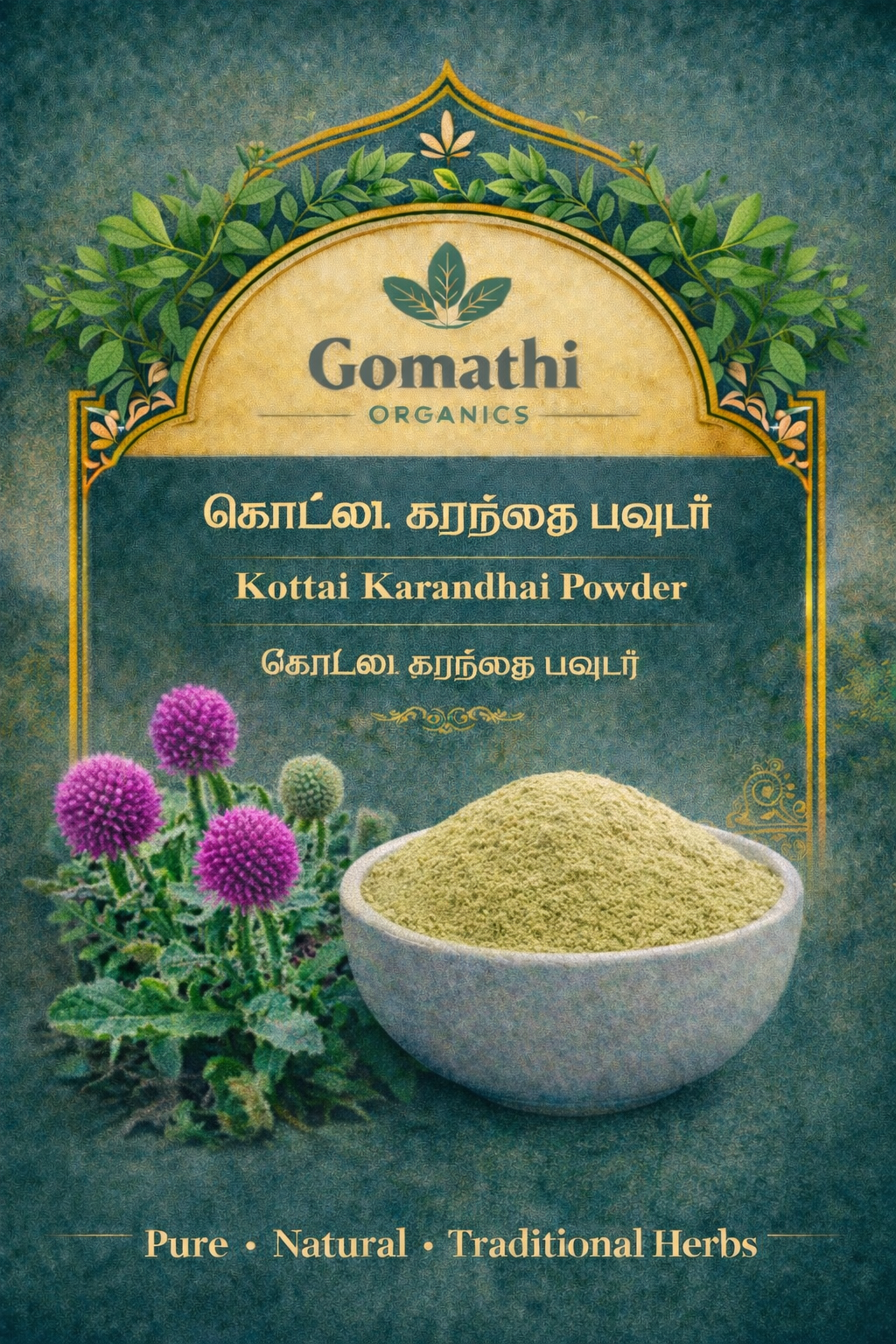
 SCIENTIFICALLY TESTED & COMPLETELY SAFE. SUITABLE FOR VEGETARIANS. NOT TESTED ON ANIMALS/NO ANIMAL INGREDIENTS. NO KNOWN SIDE EFFECTS. COMPLETELY SAFE. NON-TOXIC. FREE FROM HEAVY METALS
SCIENTIFICALLY TESTED & COMPLETELY SAFE. SUITABLE FOR VEGETARIANS. NOT TESTED ON ANIMALS/NO ANIMAL INGREDIENTS. NO KNOWN SIDE EFFECTS. COMPLETELY SAFE. NON-TOXIC. FREE FROM HEAVY METALS 

 The Food and Drug Administration has not evaluated these Statements. This product is classified as an “Herbal Food Supplement” and is not designed to diagnose, treat, cure, or prevent any disease. If you have any underlying health conditions, please consult a healthcare professional before using this product
The Food and Drug Administration has not evaluated these Statements. This product is classified as an “Herbal Food Supplement” and is not designed to diagnose, treat, cure, or prevent any disease. If you have any underlying health conditions, please consult a healthcare professional before using this product 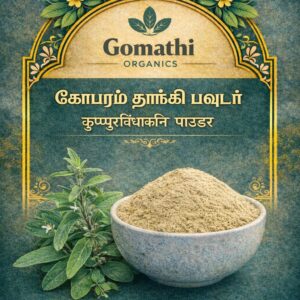
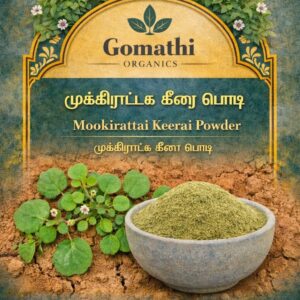
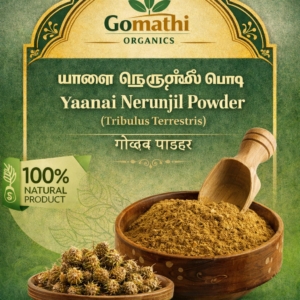
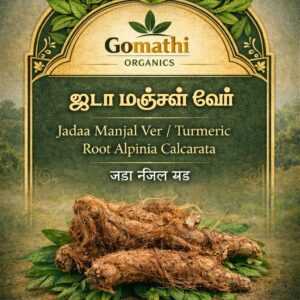

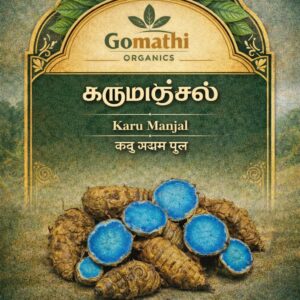
Reviews
There are no reviews yet.